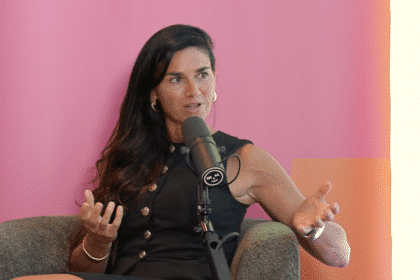Marketing advisory, strategy, and analytics company Forethought have revealed that only 3.3 per cent of Australians ranked education as the top priority for the Federal budget, falling well behind areas such as cost of living (53 per cent), healthcare (13 per cent), and housing (13 per cent).
When it comes to education in particular, universities are just not a funding priority, with only 14 per cent of Australians thinking it should be, compared with schools (44 per cent) and childcare (29 per cent) which take the top spots.
The research, conducted in March this year, follows the release of the Australian Universities Accord on 25 February: a 12-month review of Australia’s higher education system, led by a panel of eminent Australians and chaired by Professor Mary O’Kane AC. The Government invested $2.7 million to deliver the Accord with the objective of devising recommendations and performance targets that will improve the quality, accessibility, affordability and sustainability of higher education.
Forethought’s research uncovers just how much Australians fundamentally disagree with a core focus of the Accord’s findings: to increase the participation rates in higher education in Australia. Only 19 per cent of Australians agreed that more workers need degrees. Instead, the research found that Australians would prefer to increase the quality of teaching and learning, provide greater financial assistance for students’ cost of living while studying, and minimise the impact of study debt for students after graduating.
“There are many important recommendations in the Accord, but now it comes down to where the priorities lie and where upcoming budgets will allocate spend. Our research highlights a real challenge for Jason Clare and the sector, in that everyday Australians don’t think investing in higher ed is as important as other areas. Heading into an election year, increasing investment in higher ed would be a hard sell. Additionally, where investment is made, Australians would prefer to see a focus on the quality of the higher education offer and minimisation of the increasing financial burden for students,” said Forethought director of education Rebekah Antonucci.
“The challenge extends to universities themselves and the perception of the sector: Australians are sceptical about university spending. We found that many don’t believe universities are under financial strain or that they allocate their money in the right areas. They were also significantly less trusted than TAFEs as a collective. This highlights that it’s not just a job for Government, but for universities themselves to be better at demonstrating the value and impact of their programs”.








